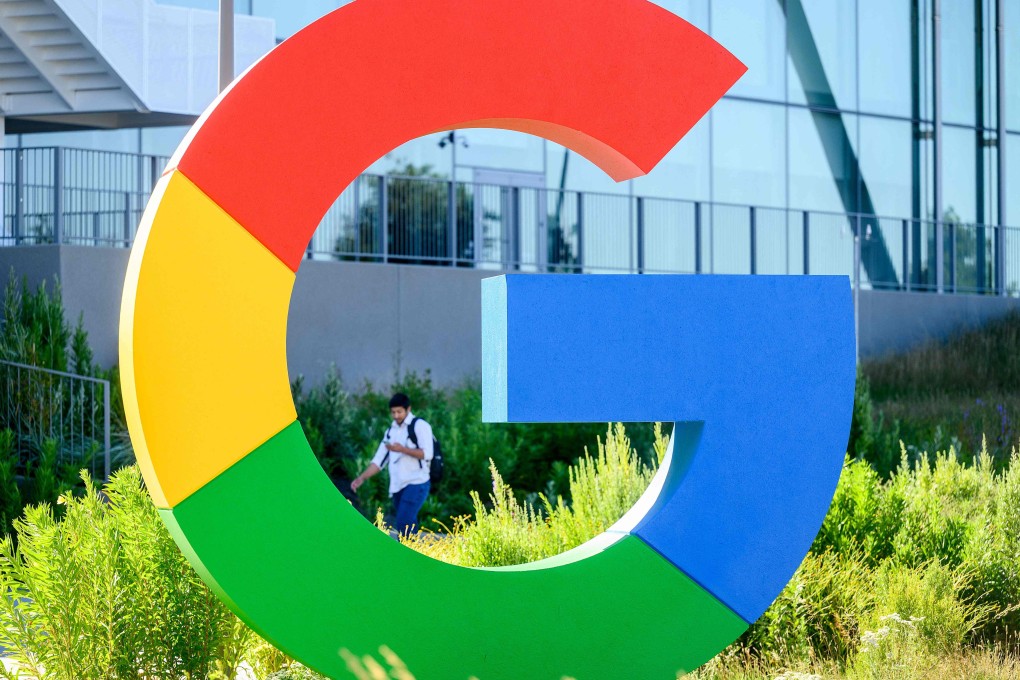Google’s ‘fast track to surveillance’ sparks backlash from European consumer groups over ‘deceptive’ practices
- Regional consumer organisation BEUC accused Google of using ‘deceptive design, unclear language, misleading choices and missing information’ for data collection
- If found the violate the European Union’s General Data Protection Regulation, the company could face penalties of as much as 4 per cent of annual revenue

The Alphabet Inc unit may be violating privacy law by steering people to an intrusive system, “where everything they do is monitored and exploited by the digital behemoth”, according to regional consumer organisation BEUC, which is coordinating actions by 10 national groups against the company.
“Through a combination of deceptive design, unclear language, misleading choices and missing information, Google’s account sign-up process is designed to get consumers to allow an extensive and invasive processing of their data,” BEUC said in a statement on Thursday.
The Brussels-based body said Greek, French, Slovenian, Norwegian and Czech members had filed complaints with local regulators. Others had tipped off authorities of the company’s practices, while a German organisation was sending Google a warning ahead of a potential lawsuit.
The European Union’s General Data Protection Regulation, or GDPR, empowers regulators to levy penalties of as much as 4 per cent of a company’s annual revenue. Overnight, it turned Ireland’s watchdog into the bloc’s top regulator probing dozens of powerful US tech firms with European bases in the nation – such as Meta Platforms Inc. National authorities also retain some powers to step in on cases affecting local consumers.
Google said it’s presenting different options now when someone creates a new account “to help people make choices on their terms”.
“These options are clearly labelled and designed to be simple to understand,” Google said in an emailed statement. “We have based them on extensive research efforts and guidance from” data protection authorities “and feedback from testers” and Google is “committed to ensuring these choices are clear, simple and state of the art.”